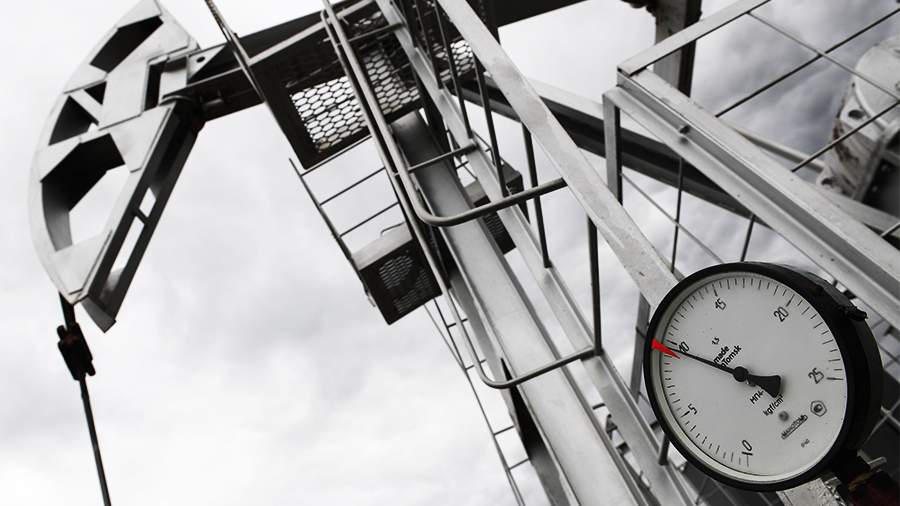Analyst predicts that China will increase its purchases of oil and gas from Russia in 2025
- Новости
- Economy
- Analyst predicts that China will increase its purchases of oil and gas from Russia in 2025
China has long been one of the largest buyers of Russian energy resources. It has held this position for many years, even before the tightening of anti-Russian sanctions in 2022, being in first place in terms of the volume of Russian oil purchases. Igor Yushkov, a leading analyst of the National Energy Security Fund, an expert and lecturer at the Financial University under the Government of the Russian Federation, told Izvestia on January 20.
According to TASS, the volume of Russian liquefied natural gas (LNG) supplies to China in 2024 increased by 3.3% to 8.3 million tons compared to 2023. Also, China last year increased imports of Russian oil by 1.3%, to 108.47 million tons, compared to 2023.
"After 2022, China's demand for Russian oil has further increased. Currently, crude oil exports are highly concentrated, with China and India accounting for about 90% of supplies," Yushkov explained.
According to him, India is more often than not ahead of China in the volume of oil imported by sea, while China continues to actively purchase oil through pipelines. For example, through the Eastern Siberia-Pacific Ocean (ESPO), which brings in approximately 30 million tons per year, and an additional 10 million tons through Kazakhstan, which is why Russia is the top gas supplier to China.
"There are two large LNG plants operating in Russia. One of them is on Sakhalin, when it was first built, long-term contracts were signed to supply gas to Japan and South Korea. However, China has also increased its LNG purchases, even from the Sakhalin plant, and most of the remaining volumes go to China. This is due to the short transportation shoulder and convenience for the Chinese side," Yushkov said.
According to the specialist, China also buys gas from another large liquefaction plant - Yamal LNG. Chinese companies have a long-term agreement to supply 3 million tons per year.
In addition, Russia continues to actively cooperate with China, increasing supplies of oil, coal, oil products and gas despite political and economic changes in the world.
"As for gas supplies via pipelines, the 2014 contract of the Power of Siberia pipeline continues to fulfill its obligations. Each year the supply volumes are increasing, with the plan to reach the design capacity of 38 billion cubic meters in 2025. This increase in supply volumes is part of a long-term agreement and does not depend on political factors," Yushkov summarized.
Earlier, on January 17, Stanislav Mitrakhovich, a leading expert of the National Energy Security Fund and the Financial University under the Government of the Russian Federation, in a conversation with Izvestia , did not rule out an increase in gas exports from Russia to the EU. According to him, if Norway moves away from the "wrong economy," it is possible, of course, that in the long run Russia will be able to win back a part of this market. Such an option is not ruled out, and the fewer suppliers from other countries there are, the more we can expect Russia to regain some of the opposition.
Переведено сервисом «Яндекс Переводчик»


